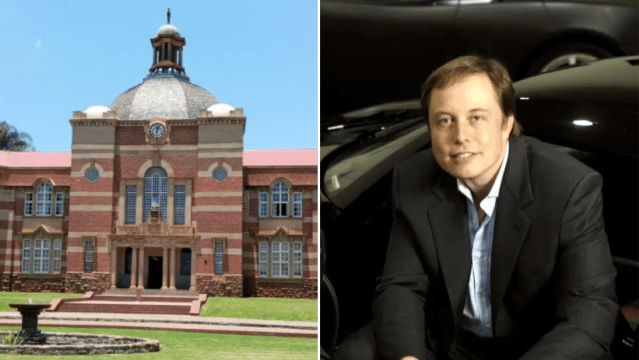Elon Musk’s formative years in apartheid-era South Africa have sparked discussions about their influence on his current political perspectives. Born in Pretoria in 1971, Musk attended Pretoria Boys High School, a prestigious institution modeled after British private schools. This school, often likened to England’s Eton College, provided a liberal education and, during Musk’s time, briefly integrated Black students, a notable deviation from the prevailing apartheid norms.
Despite this progressive educational environment, Musk’s upbringing was within the segregated, affluent white suburbs of Pretoria, somewhat insulated from the broader societal upheavals of apartheid. His father, Errol Musk, held controversial views on apartheid, which may have influenced Elon’s perspectives.
After relocating to North America in 1989, Musk’s political views underwent significant evolution. Initially aligning with Democratic ideals, he has more recently embraced positions associated with the right wing. Musk has voiced concerns about the treatment of white South Africans post-apartheid, supporting claims of their persecution and criticizing affirmative action policies. These stances have influenced U.S. policies towards South Africa, including funding cuts and offers of refugee status to Afrikaners.
While Musk’s education at Pretoria Boys High School exposed him to liberal and progressive ideals, the broader context of his upbringing in apartheid-era South Africa, combined with familial influences, appears to have contributed to the development of his current political
